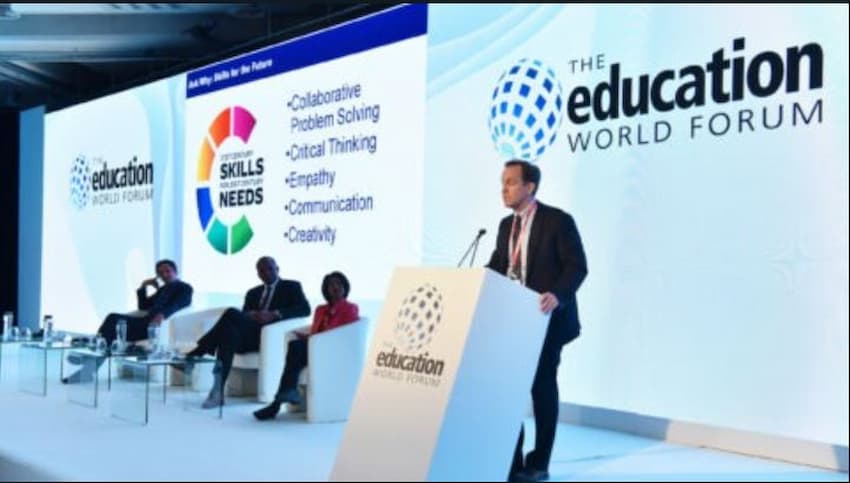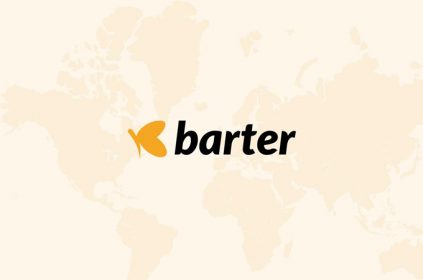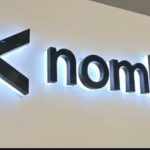By Ezeja Victor
The world’s largest gathering of national education leaders is in London this week. Ministers from around the world will be gathering a stone’s throw from the site of King Charles’ coronation in Westminster, at the Education World Forum (EWF).
But there will be no pageantry. This global ministerial gathering has the sober task of debating the future of education.
Over the years, EWF has developed a reputation as a place where learning leaders from around the world can talk openly and honestly with their peers and industry partners, sharing ideas and experiences about what is working in education development – and what is not.
And it is clear that these conversations need to be had.
World Bank Education Director, Jaime Saavedra, calls the current state of global learning “the most serious crisis in education in 100 years.” In addition, UNESCO estimates that more than half of children and adolescents around the world are not learning, failing to meet minimum proficiency standards in reading and mathematics.
Even in countries many might have assumed to have nailed down the workings of a successful education system, there are still problems.
A recent New York Times article paints a rather harrowing picture drawing attention to the fact that “about one in three children in the United States cannot read at a basic level of comprehension”, a statistic that researchers say can be put down to the fact that many children are simply not being correctly taught.
In sub-Saharan Africa, the World Bank estimates 90% of 10-year-olds are unable to read a simple sentence with understanding – even though four out of five primary age children go to school.
ALSO READ: Nomba Secures $30m Funding To Build Bespoke Payment Solutions For African Businesses
But there are visionary governments tackling the challenge of such learning poverty. And many of them can be found here in Africa.
NewGlobe – which is a partner of EWF- supports national and regional African governments to overcome infrastructural and resource challenges to achieve exceptional learning gains for their children.
Nigeria is one African country where government-led programs are pioneering such transformation.
These include the EdoBEST program now into its second iteration in Edo State and Lagos State’s EKOEXCEL. Key to the success of these programs is the implementation of data-driven technology solutions.
Each teacher in every school is equipped with a handheld teacher tablet, loaded with expertly constructed lesson guides based on the national curriculum.
Each one leverages effective techniques that have been tried, tested and refined for the greatest impact on learning.
But as well as supporting each and every teacher, their tablets also deliver a treasure trove of data, including teacher and student attendance, lesson completion and test results.
Suddenly, education leaders can see what is happening in every classroom in every school – virtually in real time.
As UNESCO points out: “A common obstacle preventing the alignment of a vision with a realistic target is the lack of regularly collected data of good quality on learning outcomes”.
But collecting data is only the start towards transforming learning outcomes.
The data must be accessible, easy to interpret, and solution oriented.
Recognizing this, NewGlobe is working with partner governments to create immersive visual education data experiences to help bring clarity to decision making.
One great example of this is the EKOEXCEL ‘Situation Room’. EKOEXCEL is the Lagos State Government’s flagship initiative transforming learning outcomes across every one of the State’s public primary schools, and the Situation Room has proved to amplify its success.
Launched in April, the Situation Room is a modern solution that visualizes the flow of data – direct from the classroom to dashboards displaying it in real time from all 1012 primary schools under the program.
Armed with swaths of information, government leaders are able to intervene and support any school requiring attention with precision, but also make broader scale interventions as required.
The Lagos State Commissioner for Education, Folashade Adefisayo explains:
“First we collect data online in real-time, as things are happening we are collecting data – we know how many are in school, if there are any problems in schools we are able to track it, so the people going there to solve the problem have a lot of data on their hands; they would know how many children and teachers, whether the head teacher is at school, and whether students are having learning difficulties in a subject.”
An interactive replica of the Situation Room is on display at NewGlobe’s stand at EWF – to share with the 1,000 delegates attending the true power of learning data.
The results of this data-led approach to learning transformation are unmistakable.
Even in the first eight weeks of the EKOEXCEL program launch, learning rates for literacy measured three times faster, and in numeracy two times faster, than schools that were not in the EKOEXCEL program.
In Edo State, the EdoBEST program, lauded by the World Bank, has successfully transformed learning outcomes for hundreds of thousands of children across the State’s primary schools.
Students have the equivalent of 54% more schooling in English and 71% more schooling in maths, learning in one term what would have normally been learnt in one year.
Behind such African success lies clear academic evidence. An independent study led by 2019 Nobel Prize winning economist Professor Michael Kremer investigated the methods that underpin every government program supported by NewGlobe, and found learning gains among the “largest ever measured in international education”.
Results from the study of NewGlobe-supported schools in Kenya found primary students gain almost an additional year of learning, learning in two years what students in non-NewGlobe supported schools learn in nearly three.
Early childhood development students had even greater outcomes, gaining almost an additional year and half of learning in two years.
The African programs supported by NewGlobe, underpinned by real-time data gathering, consistently demonstrate substantial learning gains through evidence-based improvements.
If these kinds of results could be replicated at scale across public systems, students across the globe could see huge learning gains, pushing countries up education league tables to match those with incomes three or four times greater per person, and further strengthening countries with robust systems.
Over the coming days, national education leaders will debate and discuss the solutions to the global learning crisis.
Data empowers leaders, informing them what is working well, and where improvements must still be made.
And, Africa is demonstrating to the world what data-driven education transformation can achieve.



















 and then
and then